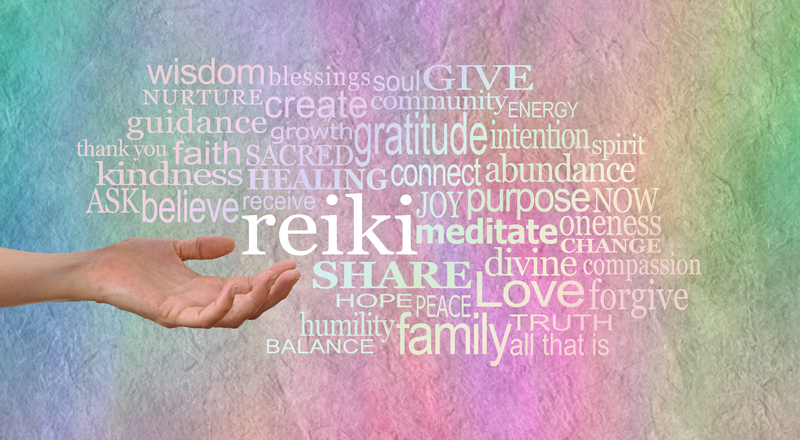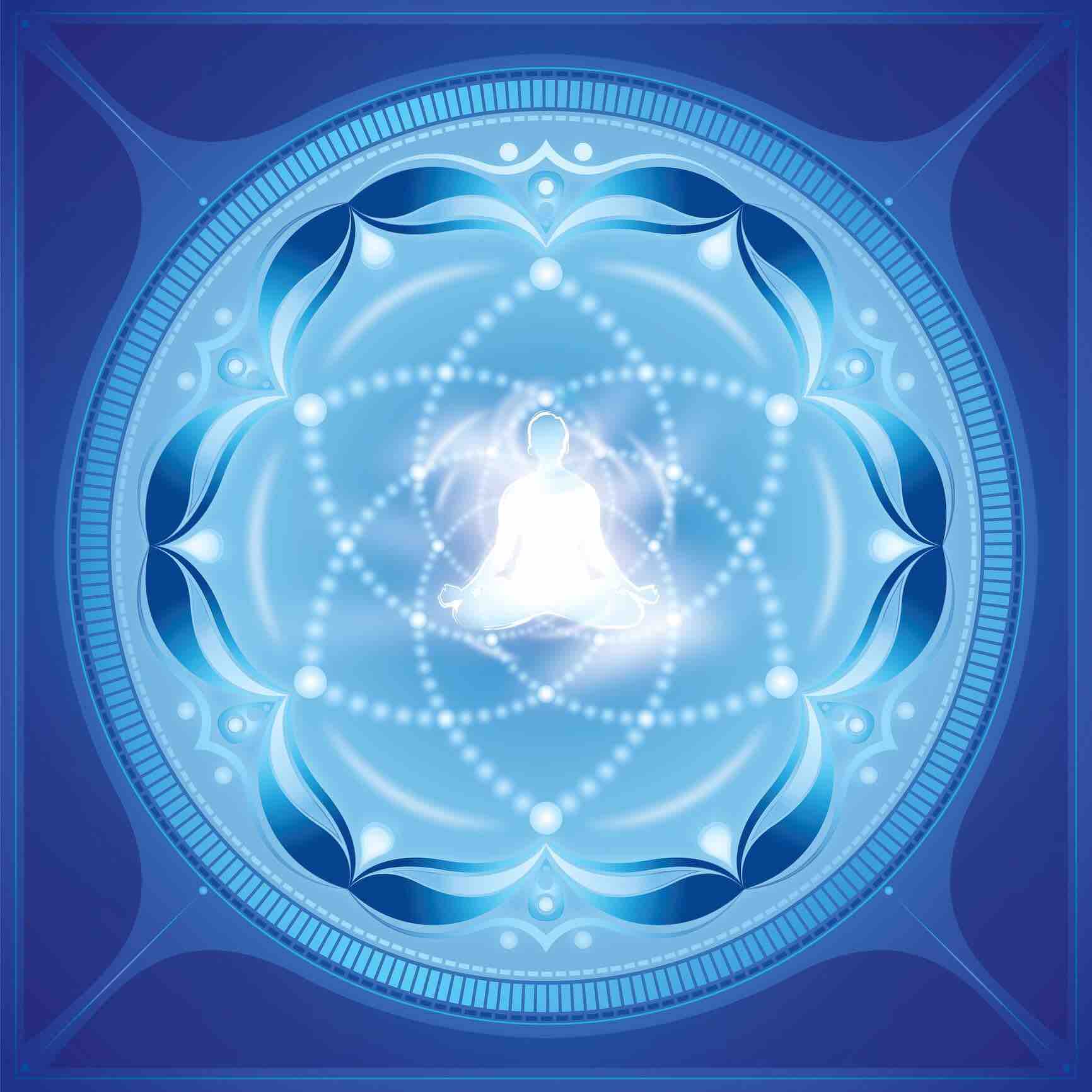Reincarnation, the belief in the rebirth of the soul in a new body after death, is a concept that has fascinated humanity for centuries. This idea transcends cultural and religious boundaries, finding a place in various traditions around the world. While reincarnation is often associated with Eastern religions such as Hinduism and Buddhism, it also holds significance in other spiritual traditions, including Kabbalah, a mystical form of Judaism. This article explores the concept of reincarnation across different traditions, with a particular focus on its interpretation and significance in Kabbalah.
Reincarnation in Eastern Traditions
In Hinduism, reincarnation is known as “samsara,” a cycle of birth, death, and rebirth governed by one’s actions, or karma. The ultimate goal is to achieve “moksha,” or liberation from this cycle, which is attained through spiritual knowledge, righteous living, and devotion.
Buddhism also embraces the concept of reincarnation, emphasizing the continuity of consciousness rather than the transmigration of a soul. Here, the cycle of rebirth, known as “samsara,” is driven by ignorance, desire, and aversion. Liberation, or “nirvana,” is achieved by extinguishing these fires through the Eightfold Path, leading to the cessation of suffering and the cycle of rebirth.

Reincarnation in Western Traditions
Reincarnation is not as central in Western religious traditions, but it is found in various esoteric and mystical teachings. For instance, in ancient Greece, the philosopher Plato suggested a belief in the pre-existence and reincarnation of the soul, a concept that influenced later mystical and philosophical thought.
Reincarnation in Kabbalah
Kabbalah, a mystical tradition within Judaism, offers a unique perspective on reincarnation, known as “gilgul neshamot,” which translates to “cycle of souls.” This belief is not universally accepted within Judaism, but it is a significant component of Kabbalistic thought.
The Purpose of Reincarnation in Kabbalah
In Kabbalah, reincarnation is seen as a process of spiritual correction and evolution. Each soul is sent to this world with a specific mission and a set of spiritual tasks. If the soul fails to fulfill its purpose in one lifetime, it is given another chance through reincarnation. This cycle continues until the soul achieves its correction, at which point it can return to its divine source.
The Process of Reincarnation
Kabbalistic teachings describe the journey of the soul through various stages, from its origin in the spiritual realms to its descent into the physical world. The soul’s experiences in each lifetime are tailored to its spiritual needs, providing opportunities for growth and rectification.

The Role of Individual Actions
Kabbalah emphasizes the impact of an individual’s actions on the soul’s journey. Positive actions, mitzvot, and spiritual study contribute to the soul’s elevation, while negative actions can hinder its progress. The concept of “tikkun” (repair) is central, highlighting the soul’s potential to rectify past mistakes and advance spiritually through conscious effort.
Conclusion
The belief in reincarnation presents a rich tapestry of thought across various spiritual traditions. While the specifics may differ, the underlying theme is one of spiritual growth and evolution. In Kabbalah, reincarnation serves as a profound mechanism for soul correction, reflecting the tradition’s emphasis on the transformative power of human actions and the potential for redemption. Through the lens of reincarnation, Kabbalah offers insights into the soul’s journey, emphasizing the importance of each lifetime in the broader context of spiritual fulfillment and return to the divine.







